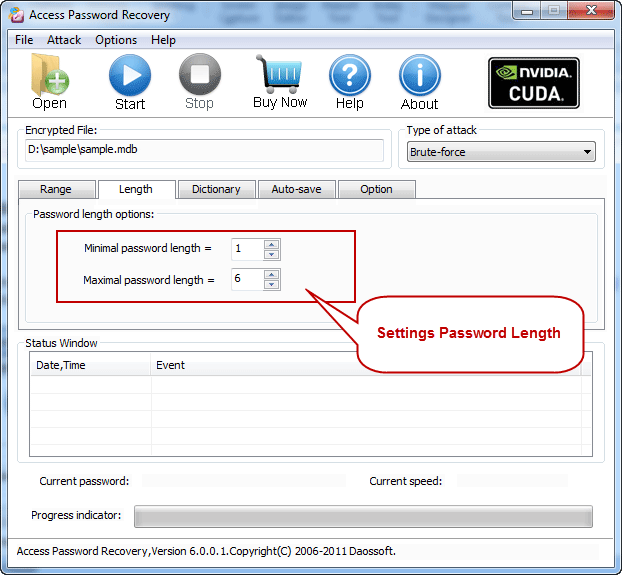Thegrideon Keygen Crack Free

Investigators start seeing BitLocker encrypted volumes more and more often, yet computer users themselves may be genuinely unaware of the fact they’ve been encrypting their disk all along. How can you break into BitLocker encryption? Do you have to brute-force the password, or is there a quick hack to exploit? We did our research, and are ready to share our findings. Due to the sheer amount of information, we had to break this publication into two parts.
Thegrideon Access Password Serial Numbers. Convert Thegrideon Access Password trail version to full software.
Ghosthunter 06:03 5. Come Back to Me 06:52 8. Ocean of Time 07:47 6. Download axel rudi pell the ballads iv torrent 2017. Burn-Purple Haze-Call Her Princess 13:10 9. Still I'm Sad 04:38 7.
In today’s Part I, we’ll discuss the possibility of using a backdoor to hack our way into BitLocker. .jpg) This publication will be followed by Part II, in which we’ll discuss brute-force possibilities if access to encrypted information through the backdoor is not available. Exploiting the Backdoor We love tools. We have lots of them. Some tools we have will seemingly do the same job, while achieving the result via different paths. One question we’re asked a lot is why ElcomSoft has two different tools for breaking BitLocker encryption.
This publication will be followed by Part II, in which we’ll discuss brute-force possibilities if access to encrypted information through the backdoor is not available. Exploiting the Backdoor We love tools. We have lots of them. Some tools we have will seemingly do the same job, while achieving the result via different paths. One question we’re asked a lot is why ElcomSoft has two different tools for breaking BitLocker encryption.
We offer to decrypt BitLocker volumes, and we offer to break BitLocker passwords. (EDPR for short). We also have a small tool called Elcomsoft Disk Encryption Info (part of Distributed Password Recovery) to display information about encrypted containers. What are these tools?
What do they do, exactly, and which one do YOU need in YOUR investigation? It is time to unveil the secrets and shed light on these questions. The Tools Elcomsoft Forensic Disk Decryptor and Elcomsoft Distributed Password Recovery. Which one should you choose for your investigation? To put it briefly, Elcomsoft Forensic Disk Decryptor and Elcomsoft Distributed Password Recovery use different approaches when gaining access to encrypted volumes. The choice primarily depends on whether or not you have certain bits of information extracted from the computer’s volatile memory (RAM). If you do, your job can become much easier.
Elcomsoft Forensic Disk Decryptor is designed to instantly decrypt disks and volumes using the decryption key extracted from the computer’s volatile memory (RAM). In addition, you can decrypt for offline analysis or instantly mount BitLocker volumes by utilizing the escrow key (BitLocker Recovery Key) extracted from the user’s Microsoft Account or retrieved from Active Directory. Elcomsoft Forensic Disk Decryptor works with physical disks as well as RAW (DD) images. Elcomsoft Distributed Password Recovery, on the other hand, attempts to break (recover) passwords to disks and volumes by running an attack. Did you get the impression that the two tools complement each other? We’ll be happy if you buy both, but in fact you’ll be probably using just one.
The two tools attack different links in the security chain of BitLocker, PGP and TrueCrypt. We’ll discuss the two methods separately. Let’s start with Elcomsoft Forensic Disk Decryptor. When we launched this product in 2012, we posted this article:. The publication describes the tool’s functionality and unique features. Since then, the world has witnessed the end of TrueCrypt, whereas PGP and BitLocker continue to exist with several updates (including a big security update for BitLocker in Windows 10 build 1511, the “November Update”).
Today, Elcomsoft Forensic Disk Decryptor is in even greater demand than three years ago. Elcomsoft Forensic Disk Decryptor has the ability to extract the original decryption key stored in the computer’s volatile memory (RAM). By extracting this key from a memory dump, the tool can use it to either mount the encrypted volume for on-the-fly access to files and folders (which is instant), or for decrypting the whole disk or volume at once in order to work with decrypted content (slower but bearable). IMPORTANT: Use Elcomsoft Forensic Disk Decryptor to acquire volumes encrypted with BitLocker Device Protection. BitLocker Device Protection is a whole-disk encryption scheme that automatically protects certain Windows devices (such as tablets and ultrabooks equipped with TPM 2.0 modules) when the user logs in with their Microsoft Account. BitLocker Device Protection does NOT employ user-selectable passwords, and CANNOT be broken into by brute forcing anything.